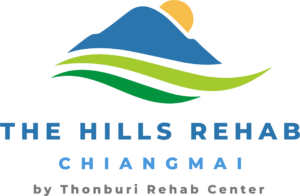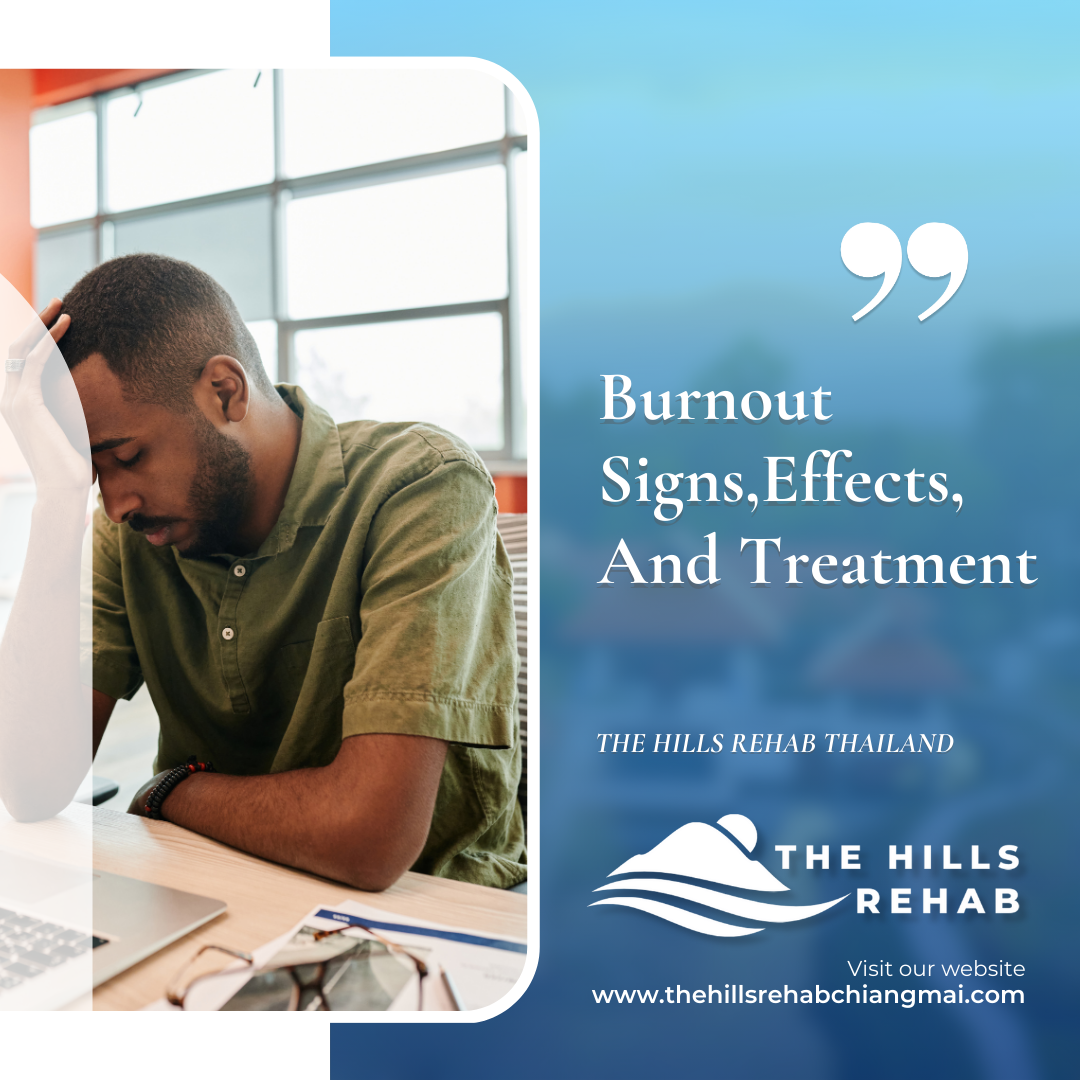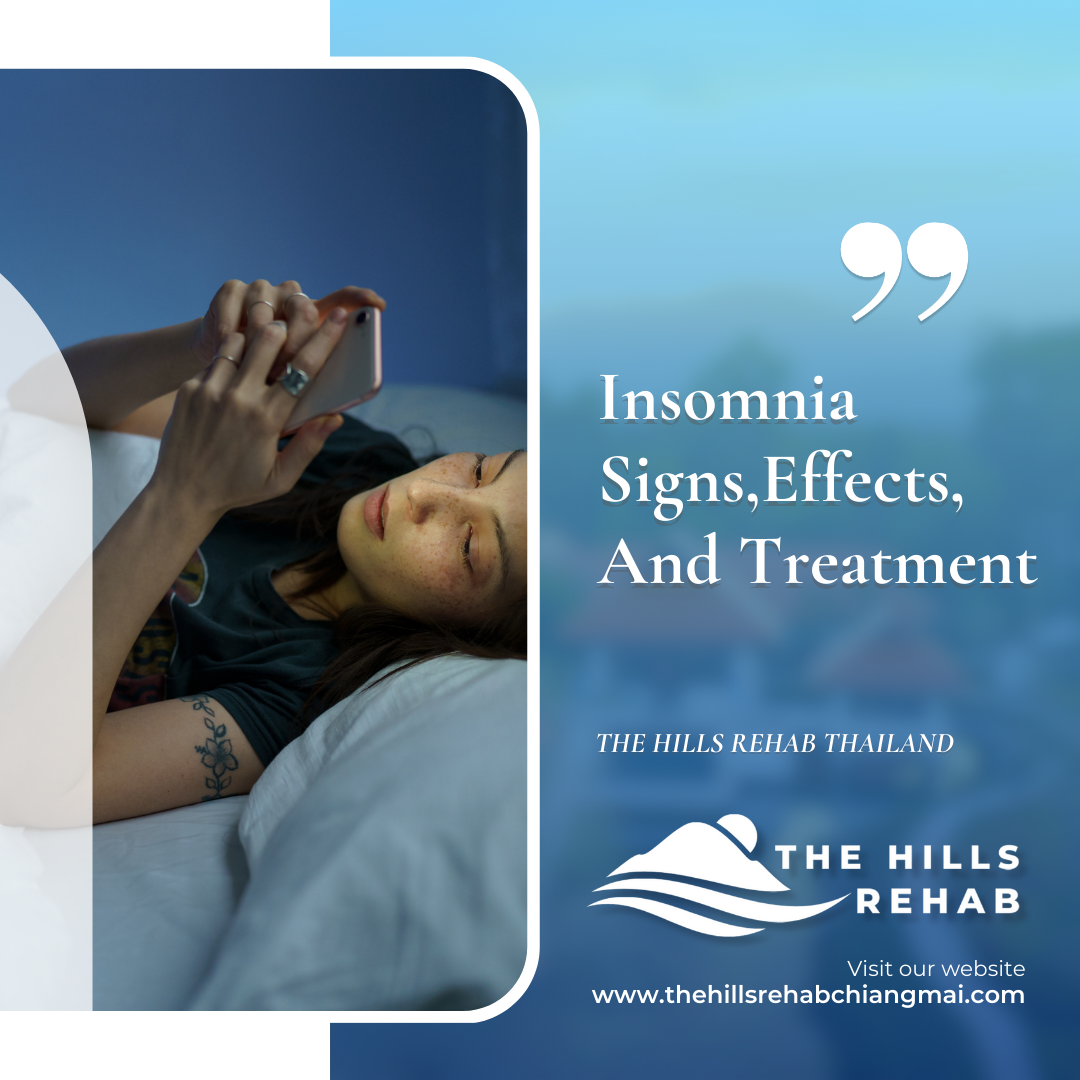Depression Center is a global mental health issue that affects millions of people, regardless of age, gender, or background. While the prevalence of depression is on the rise, there is a growing need for specialized facilities dedicated to providing comprehensive care and support. This article explores the critical role of depression centers in addressing this pervasive condition and improving the lives of those who suffer from it.
Depression Center Thailand
Early Detection and Diagnosis
Depression centers play a crucial role in identifying and diagnosing depression in individuals. Trained professionals, including psychiatrists, psychologists, and therapists, conduct comprehensive assessments to determine the severity of the condition. Early detection is essential in preventing the escalation of depression and its associated consequences.
Tailored Treatment Plans
Once diagnosed, individuals at depression centers receive personalized treatment plans. These plans may include a combination of therapy, medication, lifestyle modifications, and support from a multidisciplinary team of mental health experts. The goal is to address the specific needs and challenges of each patient.
Counseling and Therapy
Depression centers provide a safe and confidential space for individuals to engage in counseling and therapy. Different therapeutic approaches, such as cognitive-behavioral therapy, interpersonal therapy, and dialectical behavior therapy, are offered to help patients manage their symptoms, develop coping strategies, and work through underlying issues contributing to their depression.
Medication Management
In cases where medication is necessary, depression centers monitor and manage medication regimens. Medications are prescribed by qualified healthcare professionals who closely monitor their effectiveness and adjust the treatment as needed to ensure the best outcome.
Support Groups and Peer Interaction
Depression centers often facilitate support groups and peer interactions. These settings offer individuals the opportunity to connect with others who are experiencing similar challenges. Sharing experiences and coping strategies in a supportive environment can be immensely beneficial for recovery.
Education and Prevention
Education about depression and its risk factors is a key component of depression centers’ mission. Providing information to individuals, families, and communities helps raise awareness and reduce the stigma associated with mental health issues. Additionally, depression centers often offer preventive programs to help individuals develop resilience and coping skills to reduce the risk of future depressive episodes.
Crisis Intervention
Depression centers are equipped to handle crisis situations. They provide immediate support to individuals in acute distress and assist in preventing self-harm or suicide. Having a dedicated facility for crisis intervention can be a lifeline for those in need.
Conclusion
Depression centers are essential in addressing the growing burden of depression in society. These facilities offer a comprehensive range of services, from early detection and diagnosis to personalized treatment plans, therapy, and crisis intervention. By providing a holistic approach to mental health care, depression centers significantly contribute to improving the lives of individuals affected by depression and play a critical role in destigmatizing mental health challenges. It is crucial to recognize their importance and continue supporting their work to create a mentally healthier world.
Free Consultation
Are you in need of assistance on your journey to recovery? Contact us. We are here to help. At our reputable rehab center, we offer a complimentary consultation to provide guidance and support tailored to your specific needs.
Contact Us
"*" indicates required fields





